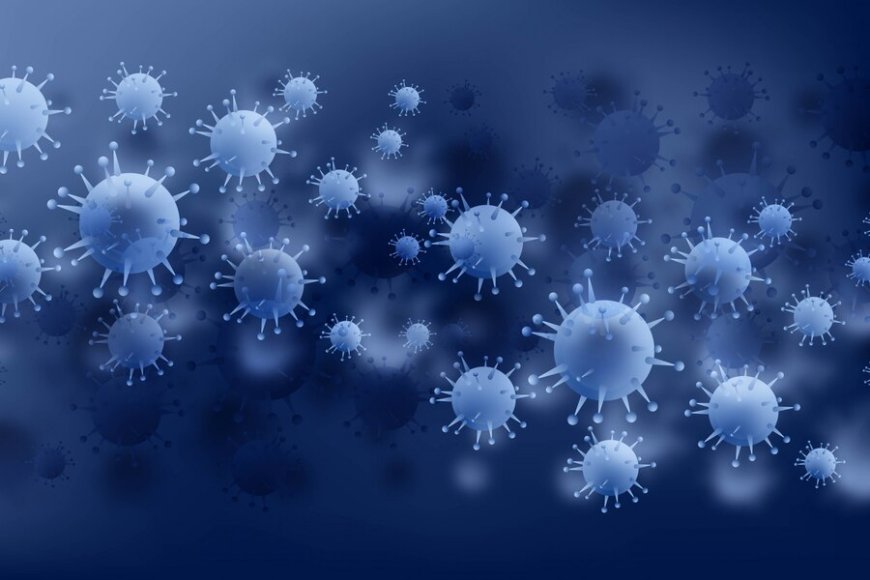What is the best Treatment for a Parasite Infection?
The best treatment for parasite infections involves specific Antiparasitic medications like albendazole, Praziquantel.

Parasite Infections affect millions of people and animals worldwide, with a wide variety of parasites ranging from microscopic protozoa to large worms (helminths) such as roundworms, tapeworms, and flukes. Treating these infections requires a strategic approach depending on the type of parasite, the extent of infection, and the host’s overall health. In general, effective treatment for parasite infections can be achieved using antiparasitic medications, lifestyle modifications, and preventive measures to avoid reinfection. Here is a detailed look at the best treatment options for parasite infections. Fenbendazole 444Mg is best option for Parasite Infections. Fenbendazole for sale at Medzsupplier.
Diagnosis: Identifying the Parasite
Before initiating treatment, it is crucial to identify the type of parasite causing the infection. Diagnosis usually involves laboratory tests such as stool samples, blood tests, and imaging studies. For instance, infections caused by protozoans like Giardia lamblia or Entamoeba histolytica are diagnosed by detecting cysts or trophozoites in stool samples, while worm infections may involve finding eggs or larvae in feces or tissues. Accurate diagnosis is the first step in determining the most effective treatment.
Antiparasitic Medications
The cornerstone of treating parasite infections is the use of antiparasitic medications tailored to the specific type of parasite involved. Here are the most common treatments:
Protozoan Infections
Protozoan infections such as giardiasis, amoebiasis, and malaria are caused by single-celled organisms. Treatments include:
- Metronidazole or Tinidazole: Both are used to treat amoebiasis and giardiasis, targeting protozoan DNA synthesis, leading to cell death.
- Chloroquine or Artemisinin-based Combination Therapy (ACT): These are the standard treatments for malaria, a severe protozoan infection caused by Plasmodium species.
Helminth (Worm) Infections
Helminths include roundworms (nematodes), tapeworms (cestodes), and flukes (trematodes). The medications used to treat worm infections are:
- Albendazole and Mebendazole: These broad-spectrum anthelmintics are effective against several types of worms, including roundworms, hookworms, and whipworms. They work by disrupting the worm’s ability to absorb glucose, leading to energy depletion and death.
- Praziquantel: This is the drug of choice for treating tapeworm infections and schistosomiasis (caused by flukes). It increases cell membrane permeability in parasites, causing paralysis and death.
- Ivermectin: Commonly used to treat strongyloidiasis and filariasis, this drug works by paralyzing the parasite’s muscles.
Ectoparasites
Parasites such as lice, scabies, and ticks live on the skin rather than inside the body. Treatment involves topical or oral medications, including:
- Permethrin cream or lotion: Used for lice and scabies, it paralyzes and kills the parasites.
- Ivermectin: Sometimes used orally to treat scabies or lice infestations that are resistant to topical treatments.
Supportive Therapy
In addition to antiparasitic medications, supportive therapy plays a vital role in managing the symptoms of parasite infections and ensuring proper recovery. Supportive treatments may include:
- Hydration: Especially in cases of diarrhea caused by protozoans like Giardia or helminths, maintaining hydration is critical. Oral rehydration solutions (ORS) help replenish fluids and electrolytes lost during infection.
- Nutritional Support: Parasite infections can result in malnutrition due to poor nutrient absorption. A balanced diet and vitamin supplements are essential during recovery, especially for children.
- Surgery: In rare cases of severe infections, such as cystic echinococcosis (hydatid disease caused by tapeworms), surgical removal of cysts or affected tissues may be necessary.
Prevention and Lifestyle Modifications
Preventing reinfection is as crucial as treating the infection itself. Here are some practical measures to reduce the risk of recurring parasite infections:
- Personal Hygiene: Regular handwashing with soap, especially after using the bathroom and before handling food, is vital in preventing fecal-oral transmission of parasites like roundworms and protozoans.
- Proper Food Preparation: Cooking meat thoroughly and washing fruits and vegetables before consumption can prevent foodborne parasite infections like tapeworms or Toxoplasma gondii.
- Safe Drinking Water: Boiling or filtering water in areas with poor sanitation can reduce the risk of waterborne parasites such as Giardia and Cryptosporidium.
- Vector Control: Preventing mosquito bites by using insect repellent or sleeping under bed nets helps reduce the risk of malaria and other vector-borne parasitic diseases.
Monitoring and Follow-Up
After treatment, follow-up care is important to ensure that the infection is fully eradicated. In some cases, multiple doses or repeat courses of medication may be required to eliminate parasites, especially for chronic or severe infections. Routine tests, such as stool analysis or blood tests, can confirm the effectiveness of the treatment.

 James971
James971 










